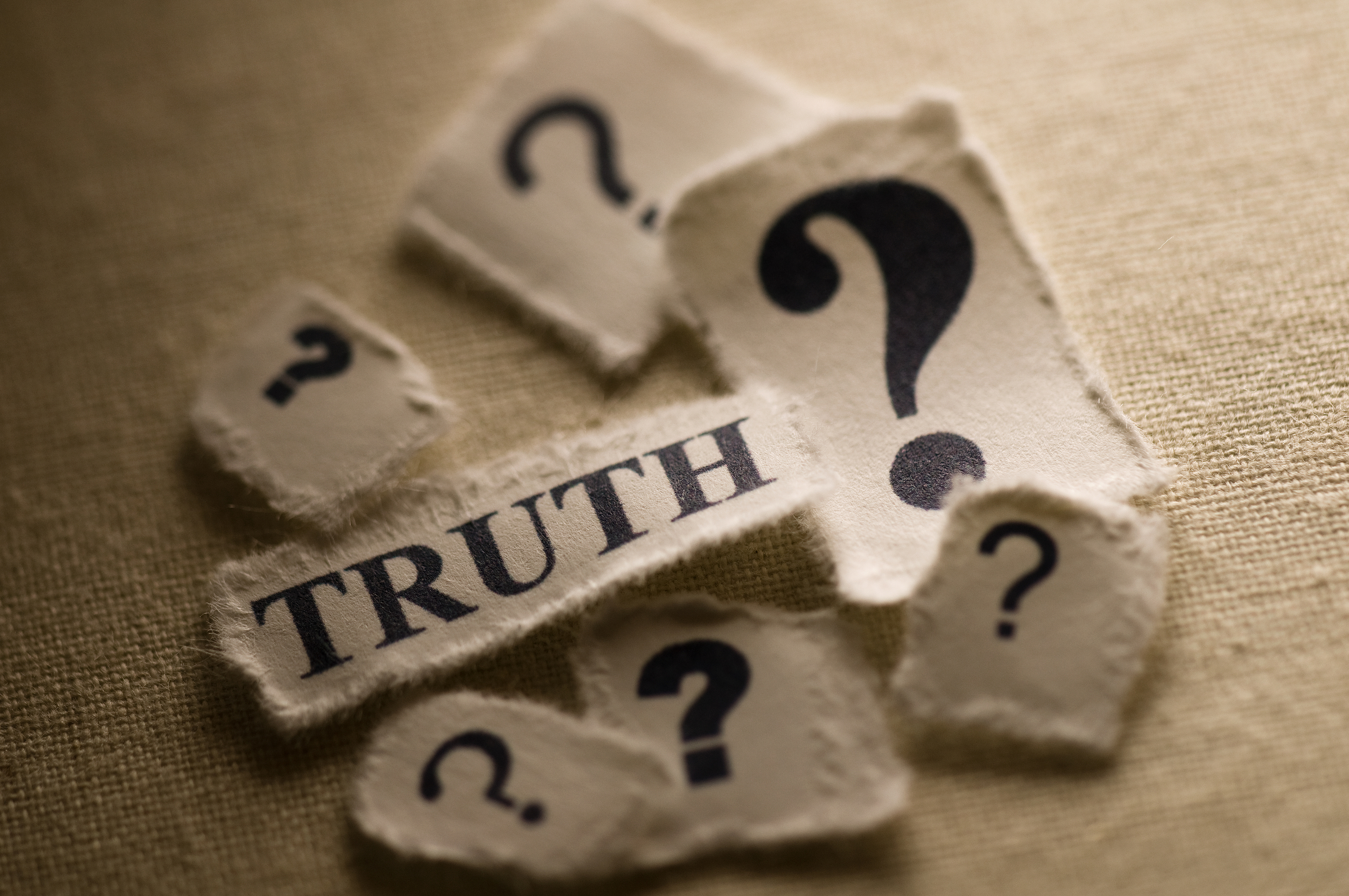
I read somewhere that there is no past, present, and future only memory, perception, and anticipation. Despite my best efforts to track down this quote, I cannot find the source. However, I find the message quite powerful all the same. There has been no other time when this idea has been more obvious to me than today, in our “post-factual” world.
In reading today’s headlines there are two possible extreme outlooks that one can take – either everyone is lying or no one is. A pretty solid middle-ground would be that everyone is telling their own truth(ish).
The brain is a complex thing and the memory systems within it, even more so. We put a lot of stock in our brain’s ability to accurately observe the world, encode that information, and then retrieve it at will. Memory scientists will caution that errors can be made at any point in this system. We do not play back a videotape of events, rather we pull up a rough image of our experiences where the very act of recalling the event can alter how it is encoded. My favourite example of the fragility of recall is exemplified in a study by Elizabeth Loftus and her colleague John Palmer. In this study, participants watched a video of an automobile accident and were subsequently asked to recall details. The question used to prompt recall varied from “About how fast were the cars going when they hit” to “About how fast were the cars going when they smashed?”. Individuals in the ‘smashed’ conditions reported that the cars were travelling significantly faster than in the ‘hit’ condition and were more likely to report that there was glass on the ground around the automobile – when there was in fact none.
Our memory of yesterday, perception of today, and anticipation of what will happen tomorrow is coloured by a wide range of contextual factors, including our beliefs and values. In that way, ‘truth’ is a moving target altered by the lens through which one views the world.

No Comments so far ↓
Like gas stations in rural Texas after 10 pm, comments are closed.